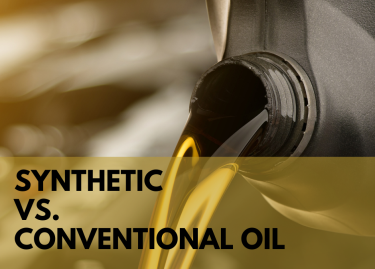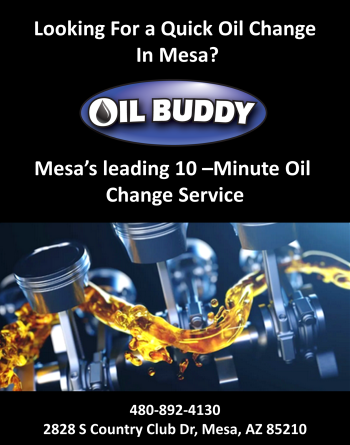
Getting an oil change used to be a simple car maintenance task. People didn’t have to decide which type of oil to put into their vehicle. Nowadays, however, you can choose between synthetic oil or conventional oil. But, what is the difference between the two and which is better for your vehicle and wallet?
If you are confused about which type to go with, it’s important to educate yourself on the ingredients and the benefits of each. It’s not always an easy decision to make but keep reading to be able to make an informed choice!
What Is Conventional Oil?
This is the oil that people have used in their cars for a long time. Conventional oil is distilled and then refined directly from crude oil. Since it’s a little easier on the wallet, this is the type that most people choose during an oil change.
What Is Synthetic Oil?
Many people don’t know this, but synthetic oil has been around since 1929. Today, it’s used in jets and high-performance vehicles in addition to passenger cars. Synthetic oil is not found in nature like its counterpart, conventional oil. It is artificially made by combining some of conventional oil’s best properties and results in a more refined oil with fewer impurities. It also tends to perform better in cold weather or weather extremes and contains additives that can actually clean your vehicle’s engine.
Benefits of Synthetic Oil
Visually, there is no difference between synthetic and conventional oil. However, how they are made is a clear distinction. Also, they function in your vehicle much differently. Synthetic oil is far better for performance and it protects the engine due to lower levels of friction. Additives help clean the engine of deposits and fewer impurities means it burns cleaner, thickens much more slowly, and has fewer deposits to start. Here are a few more reasons why you might choose synthetic over conventional:
- Fewer emissions
- Better fuel economy
- Increased engine protection from lower friction
- Longer intervals between oil changes
- Reduced engine drag from greater resistance to thickening
- Better all-weather protection
- Quicker engine start time
- Helps clean engine sludge and deposits
- Choose the Best Motor Oil for Your Vehicle
If you can afford it, choosing synthetic oil can cut down on the hassles or oversights related to more frequent oil changes and deposits. If you’re unsure which type of oil to use, however, our expert mechanics can help you decide what’s best for your vehicle and your budget.
Click here for more information about Good Work Auto Repair in Tempe, AZ






















